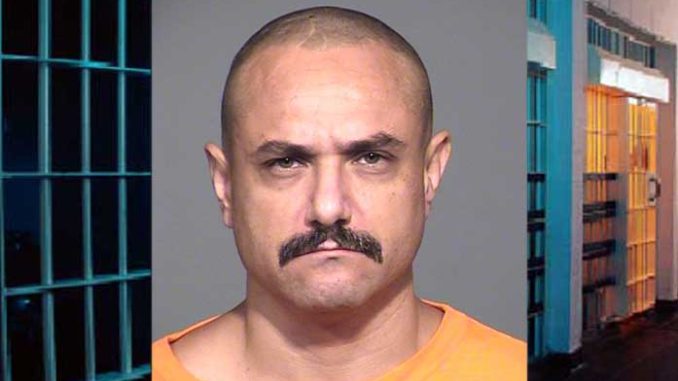
The Arizona Supreme Court has ordered an appellate court to reconsider whether “pervasive prosecutorial misconduct” occurred during a high-profile Pima County murder trial in 2016, and if so, whether it impacted the jury’s verdict.
Luis Armando Vargas was convicted in August 2016 for the February 2008 disappearance of Kay Read, a 62-year-old Sunday school teacher whose body has never been found. He is serving a sentence of natural life in prison to be followed by 17 years for kidnapping, 12 years for arson, and other terms of imprisonment.
Vargas appealed his conviction in late 2016, arguing that the prosecutor engaged in a “pervasive pattern of misconduct” during the trial. The appeal asked for the jury’s verdict and subsequent sentences to be reversed and for the case to be sent back to the Pima County Superior Court for a new trial.
Prosecutorial misconduct, for purposes of the appeal, is described as “intentional conduct which the prosecutor knows to be improper and prejudicial” and which is “not merely the result of legal error, negligence, mistake, or insignificant impropriety.”
According to Vargas’ appellate attorney, there were 11 separate purported instances of prosecutorial misconduct which “may not have caused great harm” individually but when viewed collectively, “the cumulative effect” denied Vargas a fair trial. The result, Vargas argued, was fundamental trial error which required a new trial.
In response, the Arizona Attorney General’s Office (AGO) argued Vargas waived his right to challenge most of the prosecutor’s conduct because his trial attorney failed to object to all of the incidents during the trial. The AGO also contended Vargas’ appeal brief did not properly address each alleged instance of misconduct and thus the cumulative effect argument could not be considered on appeal.
In July 2019, the Arizona Court of Appeals – Division Two issued a decision that found Vargas failed to successfully argue his claims. Vargas then filed a petition for review to the state’s high court, which noted in its recent opinion that Vargas “indisputably” filed his appellate arguments properly.
Now, according to the justices, the court of appeals must reconsider Vargas’ appeal to determine if he met the burden of establishing misconduct for any of the allegations. Then the court of appeals must determine if the cumulative effect of the misconduct, if any, denied Vargas a fair trial as he contends.
Court records show Vargas was an early suspect in Read’s disappearance after surveillance footage showed him driving the woman’s distinctive colored van and trying to use her ATM card. Other witnesses also testified to seeing Vargas driving her van, which was found burning nearby a few hours later.
His fingerprints were found on a small space heater in Read’s home and the electrical cord from the heater was found in the burning van. However, the lack of a body or DNA evidence caused the investigation to drag out.
Later that year he was sentenced to prison for 7.5 years in two unrelated cases, during which time detectives continued to work the Read case. Vargas was charged for Read’s murder in August 2014 as he prepared to leave prison in his 2008 cases.


